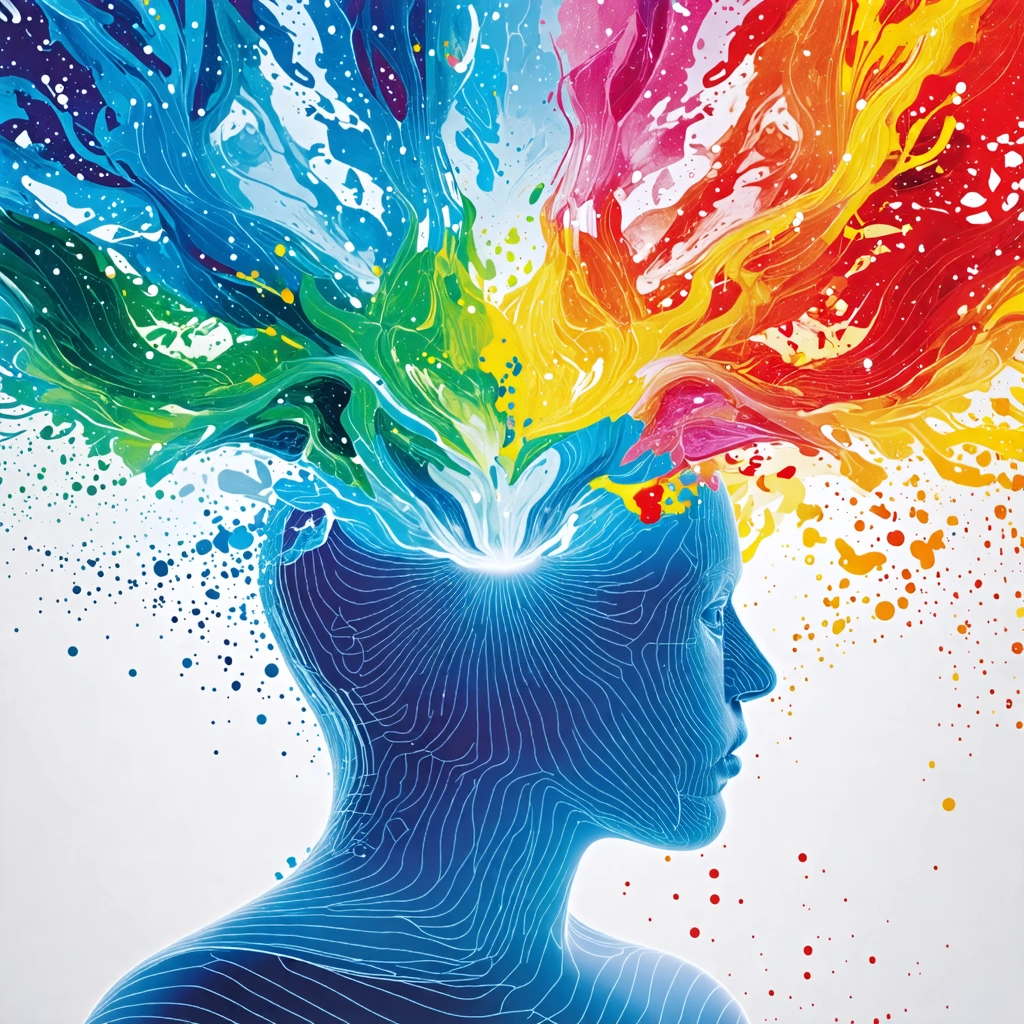
Takeaways

- Mental health directly affects physical health and vice versa.
- Stress and anxiety can lead to physical ailments.
- Regular physical activity can improve mental health.
- Nutrition plays a significant role in both mental and physical health.
- Holistic approaches that integrate mind and body practices can enhance overall wellness.
Introduction

The Mind-Body Connection

The Biological Basis
Scientific studies have shown that mental health conditions such as depression and anxiety can lead to physiological changes in the body. For instance, stress triggers the release of cortisol, a hormone that can affect various bodily functions, including immune response, digestion, and heart health. Chronic stress can lead to serious health issues, including hypertension, heart disease, and diabetes.
Physical Symptoms of Mental Health Issues
Many individuals suffering from mental health issues report experiencing physical symptoms that can be debilitating. These can include chronic pain, fatigue, and gastrointestinal problems. The American Psychological Association notes that these physical manifestations can often complicate the diagnosis and treatment of mental health conditions, leading to a cycle of worsening symptoms.
The Impact of Physical Health on Mental Well-being
Conversely, physical health can significantly influence mental well-being. Regular physical activity has been linked to improved mood and cognitive function. Exercise releases endorphins, known as the body’s natural mood lifters, which can alleviate feelings of stress and anxiety. Additionally, engaging in physical activity can enhance self-esteem and promote social interaction, both of which are beneficial for mental health.
Nutrition: Fueling the Mind and Body

The Gut-Brain Connection
Recent research has uncovered a fascinating link between gut health and mental health. The gut microbiome, which consists of trillions of bacteria in our digestive system, can influence our brain health and emotional well-being. A healthy gut can produce neurotransmitters, such as serotonin, which plays a crucial role in mood regulation. Conversely, an imbalanced gut microbiome may contribute to mental health disorders.
Dietary Patterns and Mental Health
Several studies have indicated that diets high in processed foods and sugars can lead to increased symptoms of anxiety and depression. On the other hand, diets rich in omega-3 fatty acids, antioxidants, and vitamins can support mental health. Incorporating foods like fatty fish, nuts, seeds, and leafy greens into your diet can provide the nutrients necessary for brain health.
Hydration and Mental Clarity
Staying hydrated is another crucial aspect of both mental and physical health. Dehydration can lead to fatigue, irritability, and decreased cognitive function. Drinking enough water throughout the day can help maintain energy levels and promote overall wellness.
Stress Management Techniques

Mindfulness and Meditation
Practicing mindfulness and meditation can significantly reduce stress levels. These techniques encourage individuals to focus on the present moment, allowing them to detach from anxiety-inducing thoughts. Studies show that regular mindfulness practice can lower cortisol levels, improve emotional regulation, and enhance overall mental well-being.
Physical Activity as a Stress Reliever
Engaging in regular physical activity is one of the most effective ways to manage stress. Exercise can act as a natural stress reliever, helping to improve mood and reduce feelings of anxiety. Whether it’s a brisk walk, a dance class, or yoga, finding an activity you enjoy can make a significant difference in your stress levels.
Social Connections
Building strong social connections can also help mitigate stress. Surrounding yourself with supportive friends and family can provide emotional support and help you navigate tough times. Engaging in social activities or joining clubs can foster connections and contribute to a sense of belonging.
Holistic Approaches to Wellness

Integrative Health Practices
Integrative health practices combine conventional medical treatments with complementary therapies to promote healing. These may include acupuncture, chiropractic care, massage therapy, and aromatherapy. Such practices can help alleviate physical ailments while also promoting relaxation and emotional balance.
Lifestyle Changes for Improved Health
Making lifestyle changes can have a profound impact on both mental and physical health. Prioritizing sleep, adhering to a balanced diet, and engaging in regular physical activity are fundamental steps toward achieving wellness. Additionally, setting aside time for hobbies and self-care can promote emotional well-being.
Seeking Professional Help
If you are struggling with mental health issues or physical health conditions, seeking professional help is crucial. Mental health professionals can provide therapy and support, while healthcare providers can address any physical health concerns. A collaborative approach to health care can provide the best outcomes for individuals.
Conclusion





